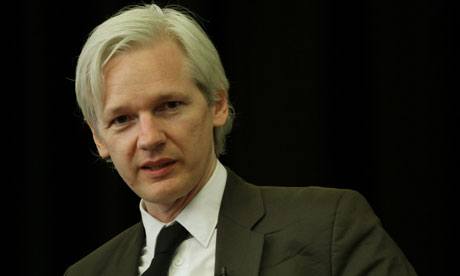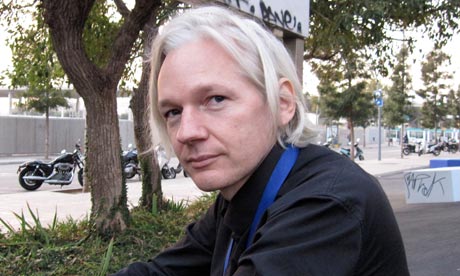 NYTimes | A recent State Department report said that “entire regions of Guatemala are now essentially under the control” of drug trafficking organizations, mainly the Mexico-based Zetas. Those groups enjoy a “prevailing environment of impunity” in “the northern and eastern rural areas” of Guatemala, the report said.
NYTimes | A recent State Department report said that “entire regions of Guatemala are now essentially under the control” of drug trafficking organizations, mainly the Mexico-based Zetas. Those groups enjoy a “prevailing environment of impunity” in “the northern and eastern rural areas” of Guatemala, the report said.The drug organizations have bought vast cattle ranches in the Petén to launder drug profits, as well as to conceal a trafficking hub, including remote, jungle-shrouded landing strips. Cattle ranching in the Petén has quadrupled since 1995, with herds totaling 2.5 million cattle, according to Rudel Álvarez, the region’s governor.
“Organized crime and drug traffickers have usurped large swaths of protected land amid a vacuum left by the state, and are creating de facto ranching areas,” Mr. Álvarez said. “We must get rid of them to really have conservation.”
Deforestation has led to soil erosion at Yaxchilán, a Mayan city across the border in Mexico, which in turn has swollen rivers that erode limestone temples, said Norma Barbacci, regional director for the World Monument Fund. Ash from the squatters’ burns to clear fields for planting cause acid rain that wears at temples.
Fires, tree poaching and ranchers are encroaching in parts of the Laguna del Tigre national park in the western part of the reserve, threatening a sanctuary for 250 endangered scarlet macaws, the country’s last, said Roan McNab, country director for the Wildlife Conservation Society. Jaguars, crocodiles, river turtles and monkeys are also losing their habitat, he said.
The road to El Mirador, a five-day mule trek from the town of Carmelita that involves occasional bushwhacking with a machete, passes countless ditches where looters have ripped out Mayan graves. A wild toucan rockets down and then disappears off into the canopy. The remote dirt road that leads to the reserve is lined with newly razed cattle ranches, and the persistent buzz from a logging company drowns out the rain forest’s more subtle cacophony.
A local trail guide, galumphing along ancient limestone freeways buried beneath the forest, chain-smokes marijuana cigarettes rolled in notebook paper.
This rapidly deforesting mini-narco-state is a far cry from President Colom’s vision of a lush Mayan-themed vacationland.














